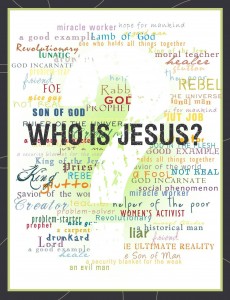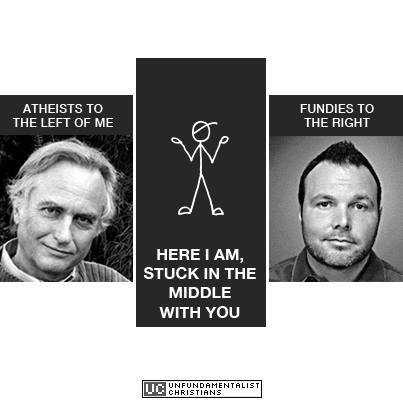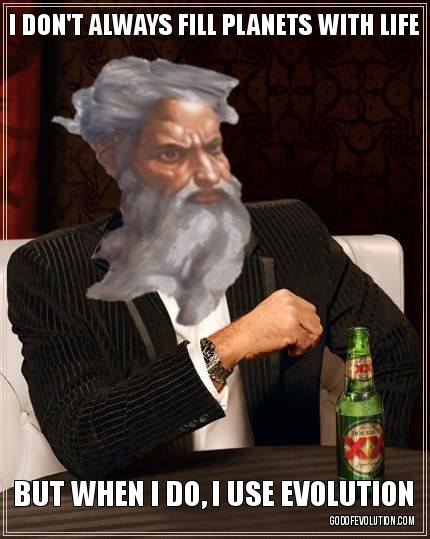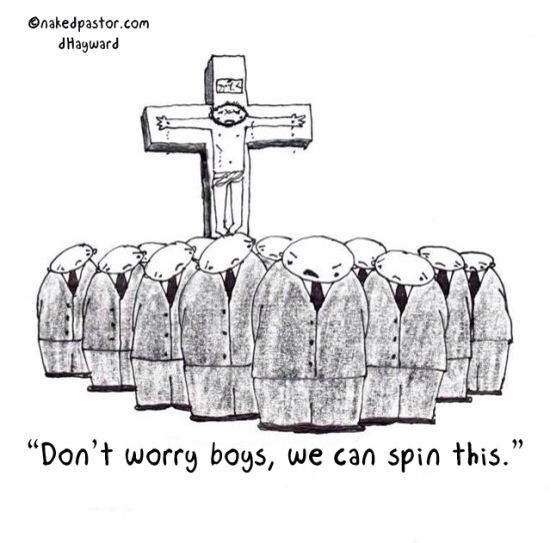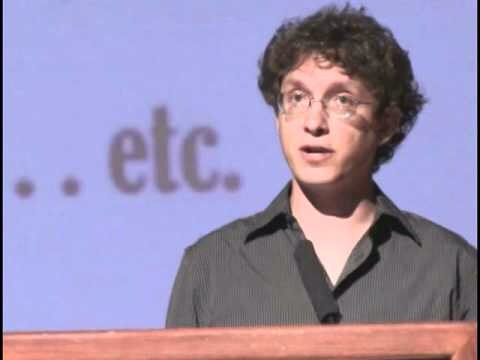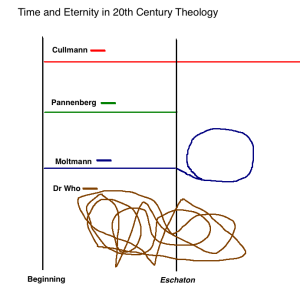Rick Sumner poses some interesting questions on his blog The Dilettante Exegete – during some of which he has an imaginary gun to his head! One that I think is particularly interesting is the question of what one ought to call the stance that there probably was a historical Jesus – the brother of the James whom Paul mentions meeting in his letter to the Galatians – but about whom we can say next to nothing, since the Gospel material... Read more


